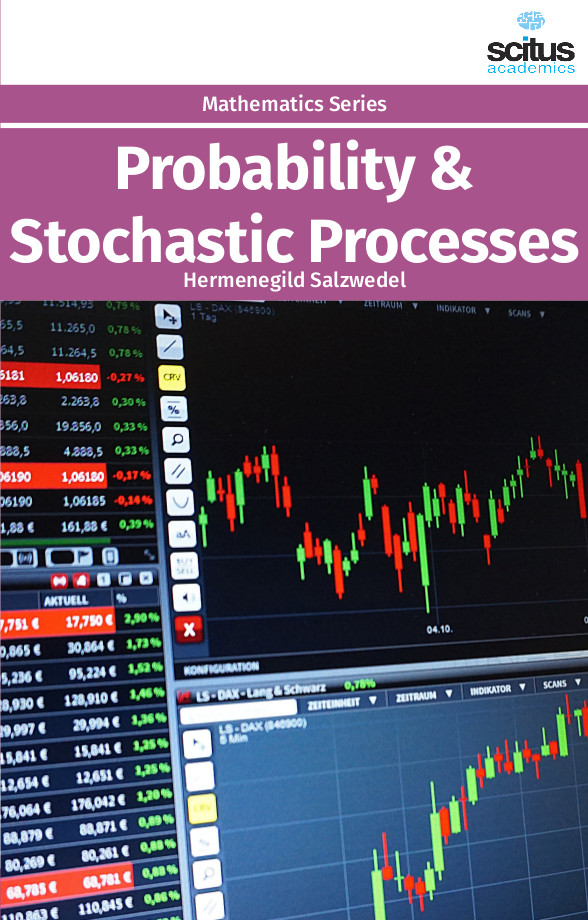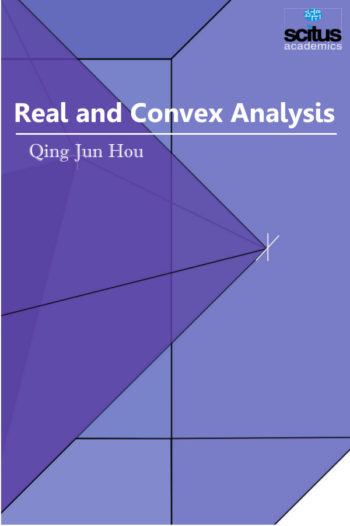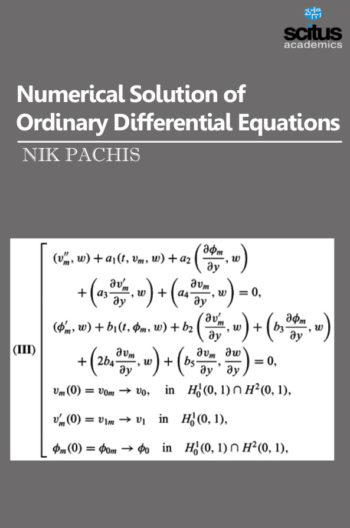In probability theory and associated fields, a stochastic or random process is a mathematical object usually defined as a collection of random variables. In the past, the random variables were allied with or indexed by a set of numbers, typically viewed as points in time, giving the explanation of a stochastic process representing numerical values of some system randomly changing ultimately, such as the growth of a bacterial population, an electrical current fluctuating due to thermal noise, or the movement of a gas molecule. Stochastic processes have played a significant role in various engineering disciplines like power systems, robotics, automotive technology, signal processing, manufacturing systems, semiconductor manufacturing, communication networks, wireless networks etc. Among the above engineering applications of stochastic processes are extensively used as mathematical models of systems and phenomena that appear to fluctuate in a random manner.
This Book ‘Probability & Stochastic Processes’ is concerned with stochastic processes and their applications in the modeling, analysis and optimization of stochastic systems, i.e. processes characterized both by temporal or spatial evolution and by the presence of random effects. It deals with all aspects of stochastic systems analysis, characterization problems, stochastic modeling and identification, optimization, filtering and control and with related questions in the theory of stochastic processes. With an emphasis on applications in engineering, applied sciences, business and finance, statistics, the book provides several practical examples that demonstrate how random phenomena take place in nature and how to employ probabilistic techniques to precisely model these phenomena. This book is oriented towards a broad spectrum of mathematical, scientific and engineering interests.













